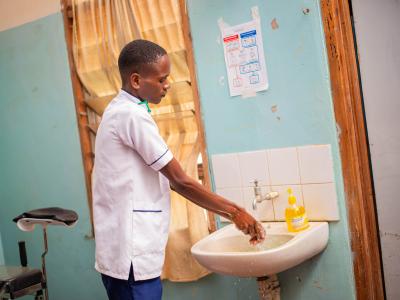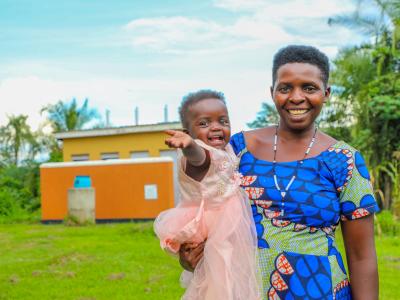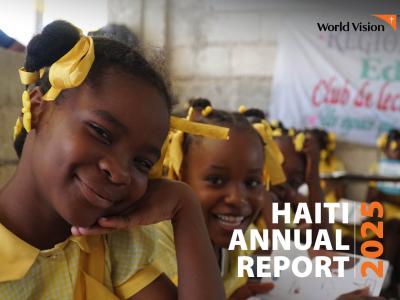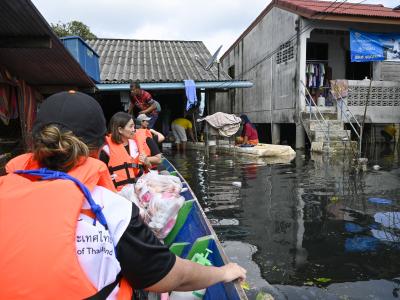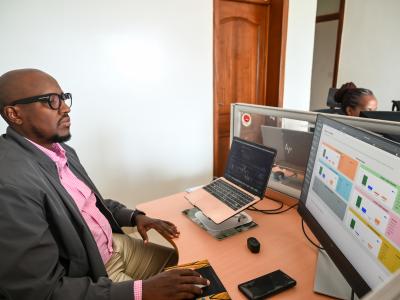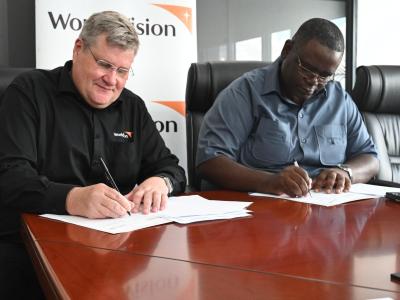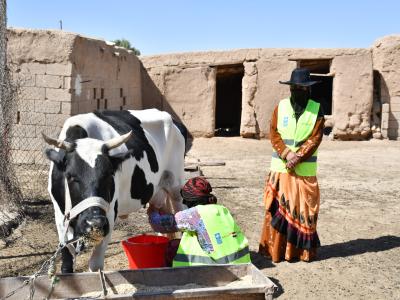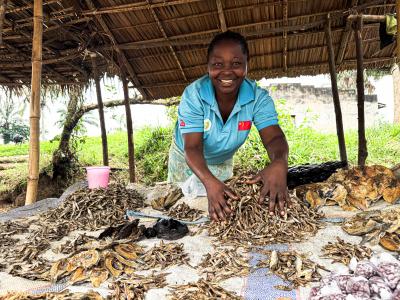article / February 5, 2026
Clean Water Improves Maternal Care at Nambazo Health Centre in Phalombe
Clean and safe water is transforming maternal health at Nambazo Health Centre in Phalombe, as World Vision Malawi’s WASH project reduces infections and improves dignity.
article / January 28, 2026
From Wells to Wellness: How Clean Water is Transforming Maternal Care in Kakumiro.
32-yearold Gloria begins experiencing labor pain. As a mother of three with her fourth on the way, she knows what to expect with childbirth, but nothing prepares her for the life-threatening experience she is about to encounter.
publication / February 6, 2026
World Vision Haiti Annual Report 2025
World Vision Haiti’s annual impact report highlights how we protect children, respond to crisis, and build resilience in vulnerable communities.
article / February 11, 2026
When the Waters Rose, So Did Compassion
Your Support Has Reached Over 15,200 People in Southern Thailand, but Recovery Is Still Ongoing
article / February 10, 2026
Innovation: How World Vision Rwanda transformed fleet management
Delivering humanitarian and development programs across Rwanda requires more than strategy and partnerships. It requires movement, often across long distances, challenging terrain, and dispersed communities. For World Vision Rwanda, vehicles are essential operational assets that enable staff to deliver programs across dispersed and often hard-to-reach communities.
article / December 16, 2025
Impact and Partnership: Ensuring Clean Water in Zambia
Access to clean, reliable water is central to the health and future of communities in Zambia. World Vision Zambia focuses on ensuring that the water systems installed are sustainable and keep working for years to come. This is essential, especially when dealing with tough operational environments.
article / January 14, 2026
A Young Woman’s Path to Livelihood: Haboub’s Dairy Business in Kirkuk
Haboub’s dairy business in Kirkuk, Iraq shows how training and determination empower young women and create sustainable livelihoods.
article / January 29, 2026
DR Congo: From Waiting to Action — Christine’s New Beginning through the Saving Groups of the Axe-Fille Project
Christine’s journey shows how saving groups empower families in DRC, boosting income, resilience, and supporting girls’ education through lasting change.
